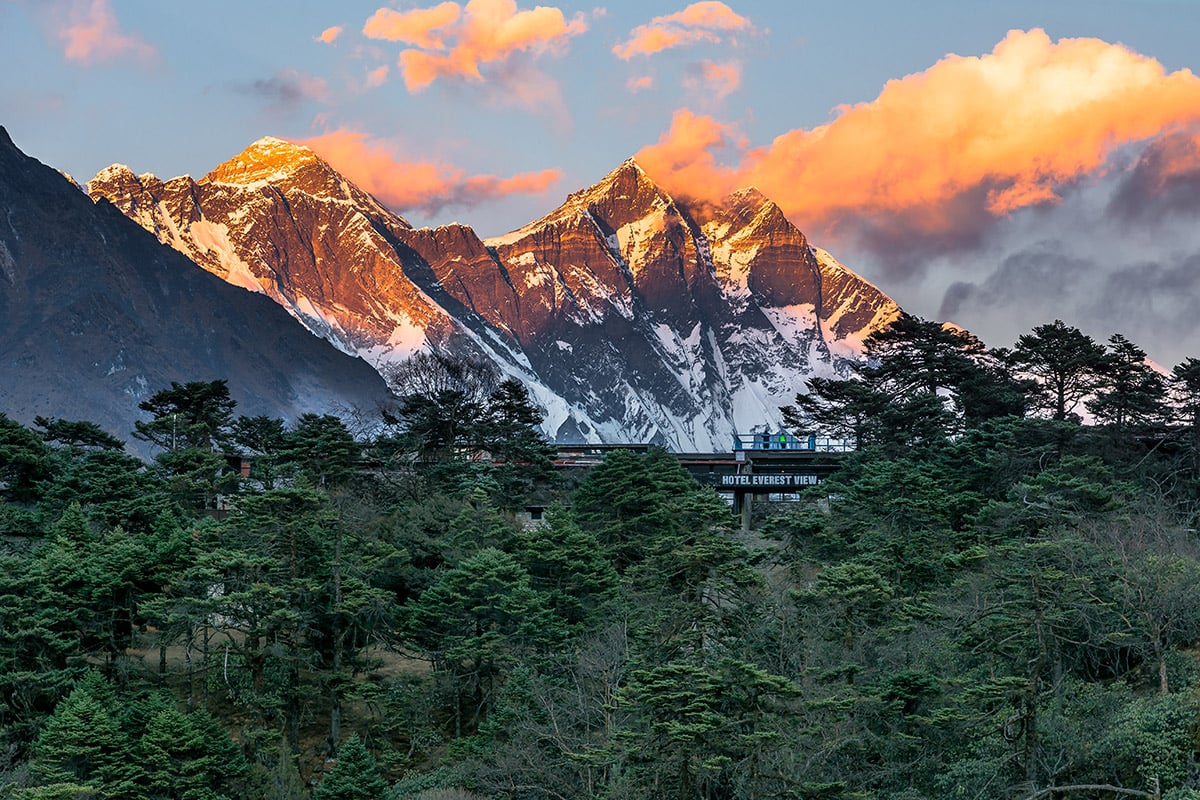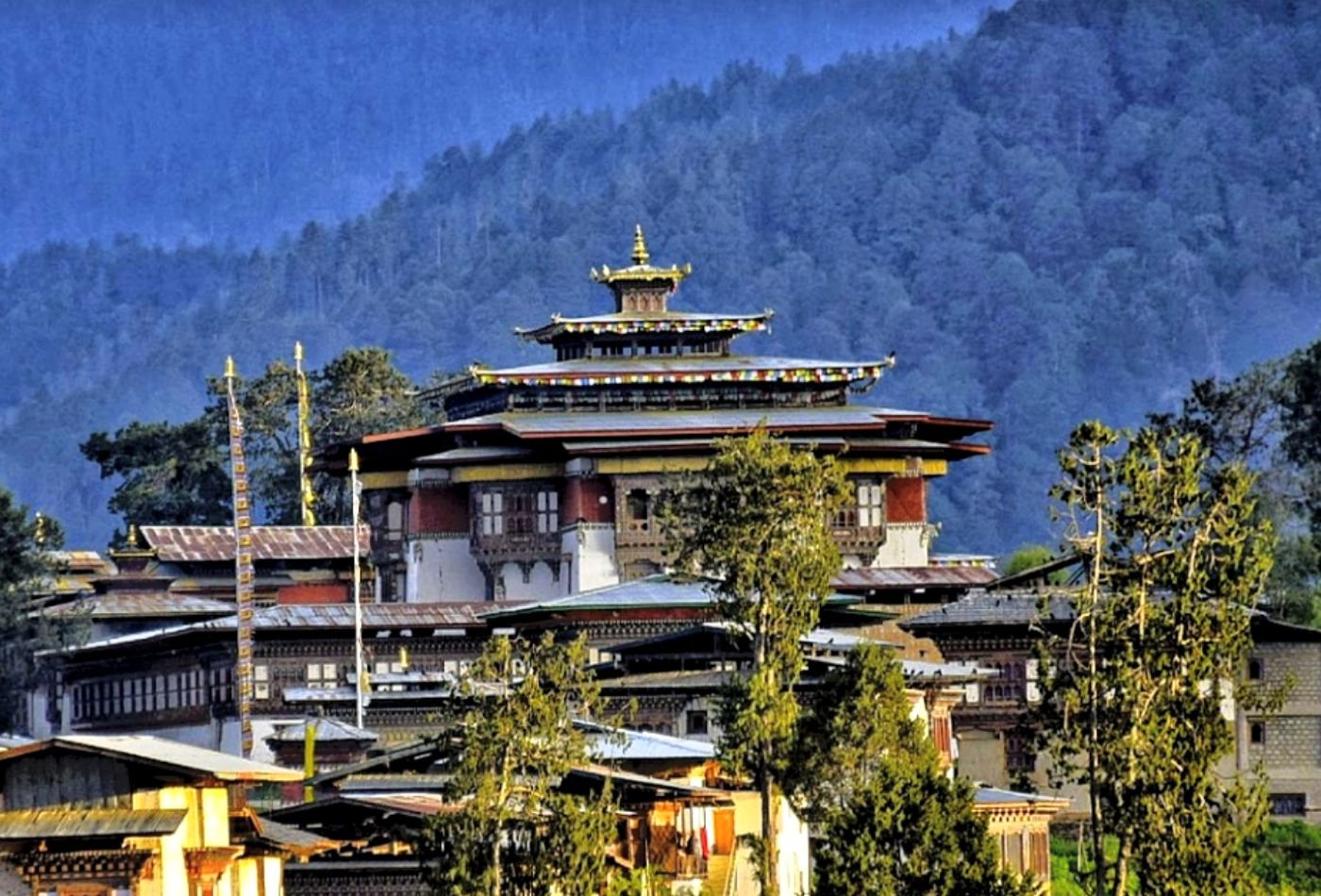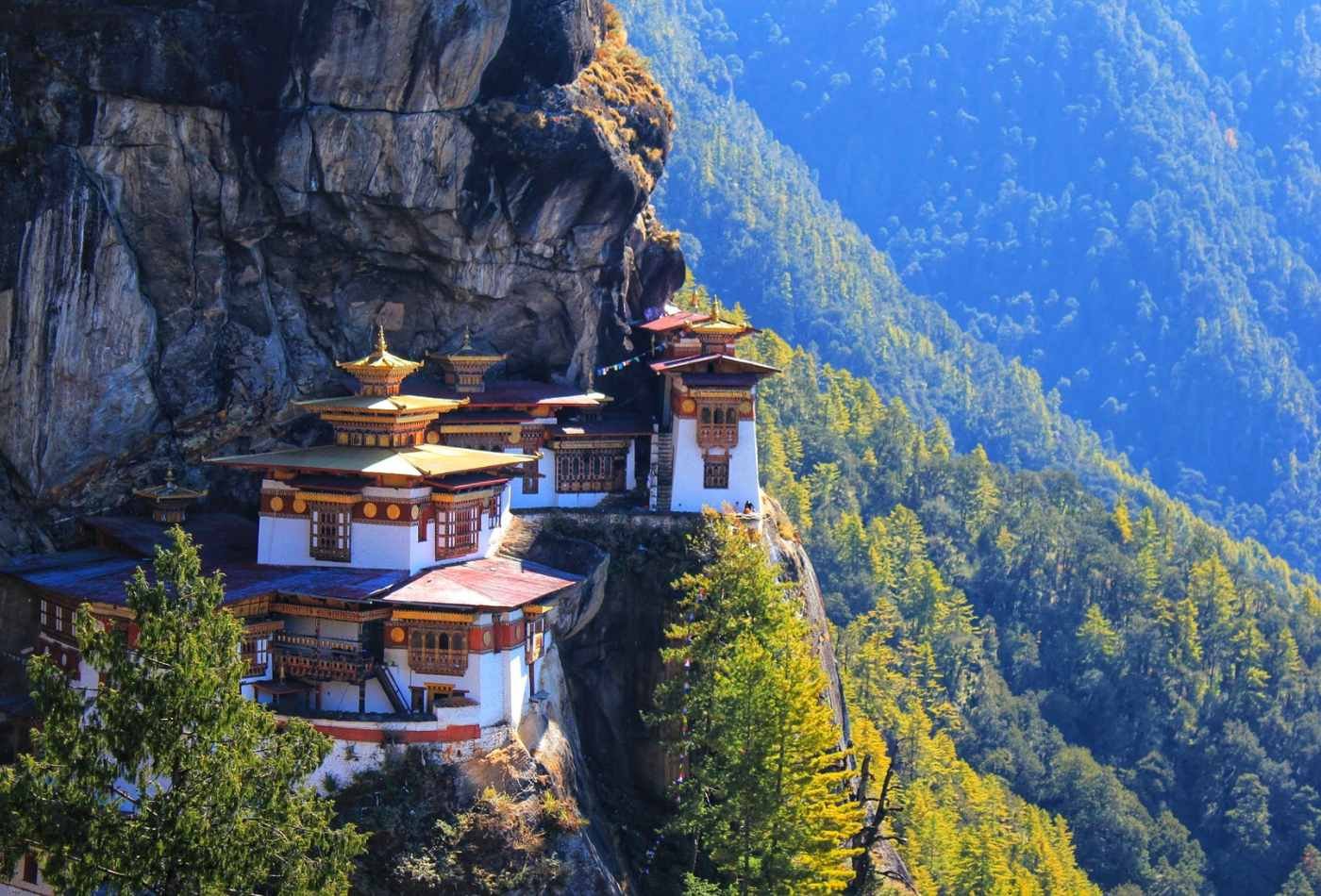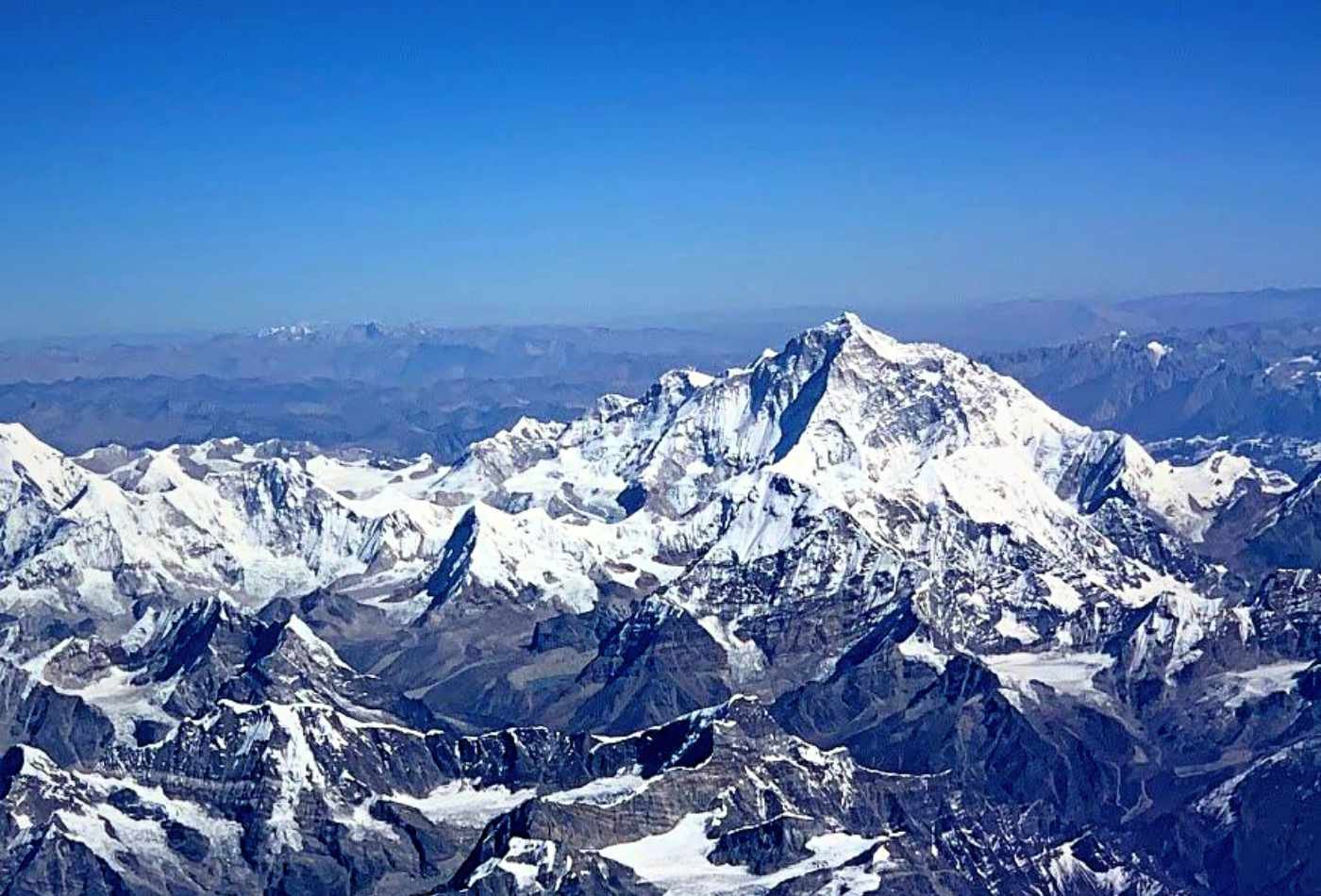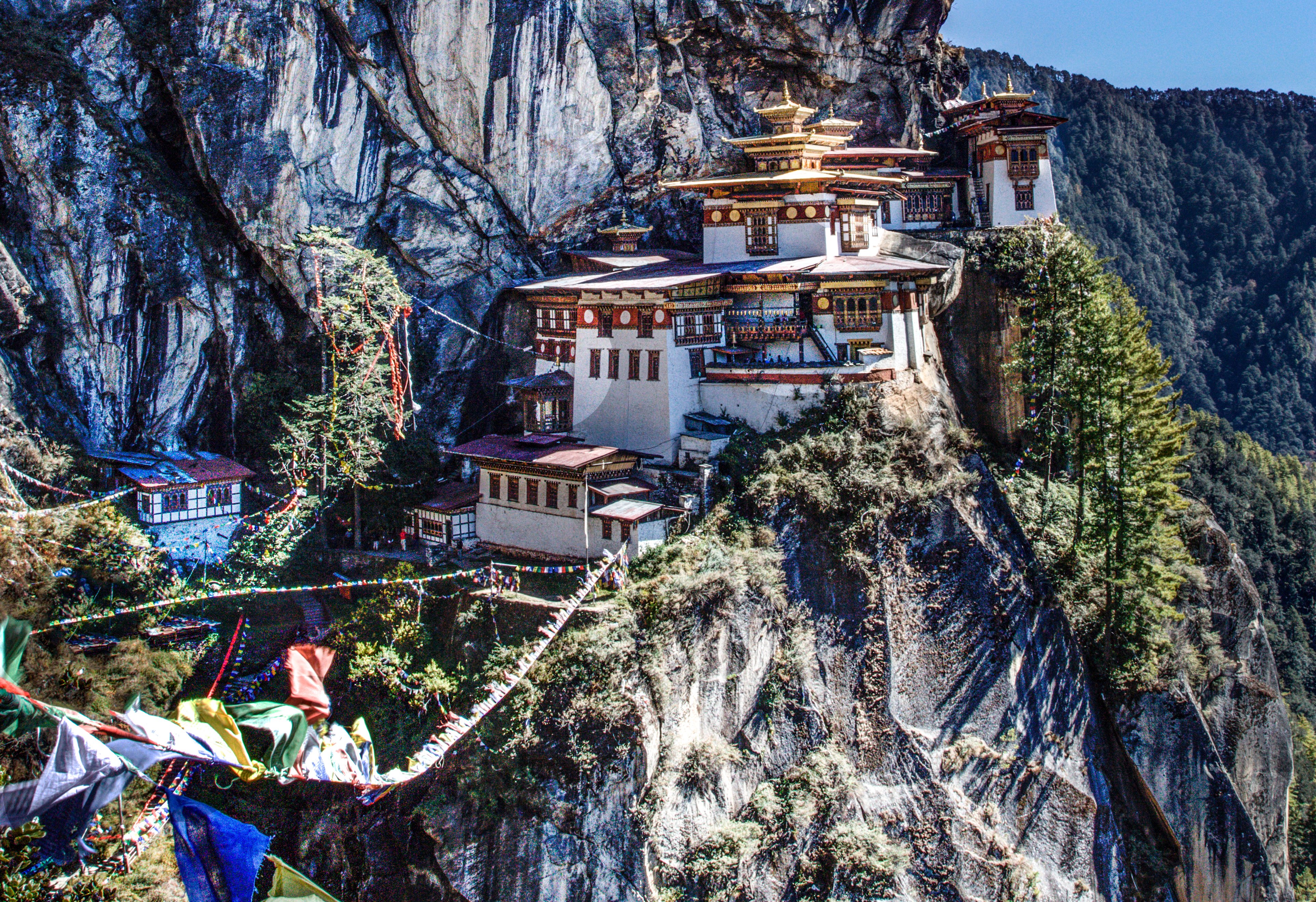Bhutan,
Bhutan is a small, landlocked country located in the eastern Himalayas between China and India. It is known for its stunning natural beauty, with the Himalayas occupying much of the country and providing a backdrop to many of Bhutan's iconic landmarks. Bhutan is a predominantly Buddhist country with a rich cultural heritage and a unique way of life. The government is known for its emphasis on Gross National Happiness (GNH), which is a measure of the well-being of Bhutan's citizens.
Bhutan is a popular destination for travelers seeking a unique and authentic cultural experience. The country is home to various cultural and natural attractions, including ancient temples, monasteries, fortresses, beautiful forests, mountains, and rivers. A trip to Bhutan is an opportunity to experience the country's unique culture and way of life. Visitors can participate in traditional festivals and celebrations, visit monasteries and temples, and experience the country's natural beauty. There are several ways to explore Bhutan, including guided tours, treks, and self-guided travel. The best time to visit Bhutan depends on your interests, with spring and fall being the most popular times to visit due to the mild temperatures and clear skies.
Overall, Bhutan is a unique and beautiful country with a rich cultural heritage and stunning natural beauty. It is a popular destination for travelers seeking an authentic cultural experience and an opportunity to experience the unique way of life in the Himalayas.
When to Travel
When you imagine Bhutan, you might have visions of snowy peaks and crisp mountain air; however, because the country sits on the same latitude as Florida and the Canary Islands, the climate is relatively warm and pleasant, with temperatures averaging 15-20 °C. We think the best time to visit Bhutan is from March to May and September to November. In spring, you can expect colorful rhododendrons and the famous traditional Paro Tsechu festival of dances. At the same time, autumn brings white peaks, cool temperatures, and green landscapes. The winter months bring difficulties when traveling to higher passes and roads, but as long as you are prepared with light and warm clothing, Bhutan is a great place to visit all year round.

